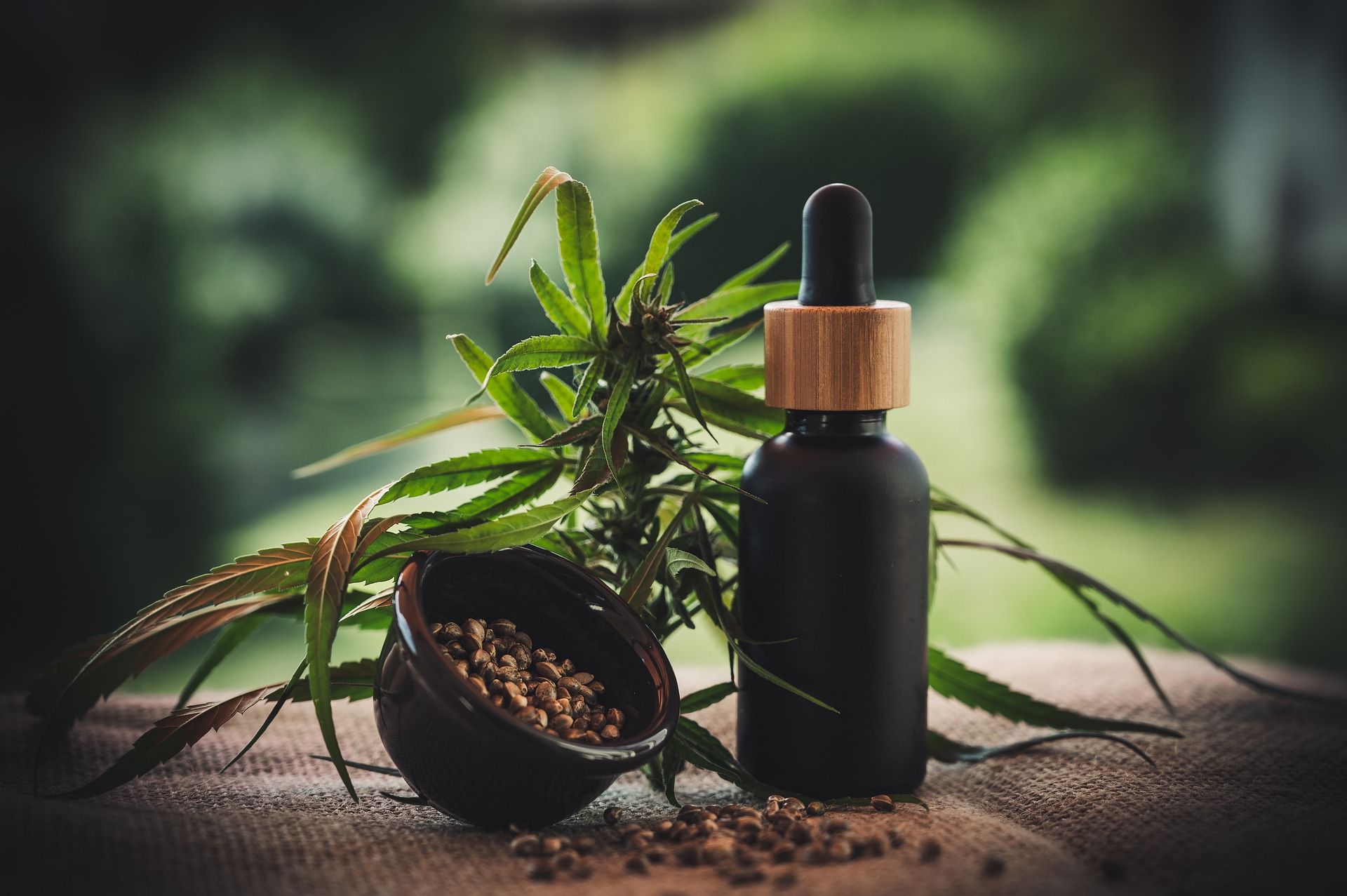Pharmacists in the UK have issued claims that much of the CBD oil being sold in high street stores are incorrectly labelled, with two thirds of products containing less than 90 percent of the declared contents.
Non-medicinal CBD products in the UK are sold as food supplements as opposed to medicinal products, meaning that they can skirt around strict regulations despite the fact that the use of CBD is quite often for medicinal purposes.
One disturbing figure from recent research is that 45 percent of products had “measurable” levels of THC, effectively making them illegal in the UK.
There was also a case of a CBD bottle worth £90 containing no CBD in it whatsoever, which puts the industry under increased scrutiny.
In the United States there has been an ongoing clampdown to eradicate illicit CBD products from the market, with the FDA issuing fines to companies while some have had to be closed down for incorrect labelling.
Amy Abernethy, the Food and Drug Administration’s principal deputy commissioner, said: “We remain concerned that some people wrongly think that the myriad of CBD products on the market, many of which are illegal, have been evaluated by the FDA and determined to be safe, or that trying CBD can’t hurt. They added that they “cannot conclude that CBD is generally recognised as safe.”
This sentiment was echoed by a UK health advisor, with Jasmine Shah of the National Pharmacy Association stating that pharmacists should take into account Home Office guidance.
“A growing number of pharmacies are selling CBD products,” she said.
“Our advice to pharmacists considering whether to stock CBD products is to ensure they are acting legally and in the best interests of patients.”
Guidance
“In the case of CBD products, pharmacists should take account of current Home Office guidance, although it must be said the current guidance is difficult to interpret.
“We would welcome clear, authoritative guidance that makes it easier for manufacturers, health care professionals, retailers and consumers to make informed choices, keeping everyone on the right side of the law and safe from harm.”
Likewise, with the FDA in America, the Home Office guidance has been deemed unclear, which is creating issues for everyday users who risk enduring negative side effects as a result of taking mislabelled products. These issues could be resolved if relevant bodies can clarify the guidelines which will then enable manufacturers to produce the correct products, as well as punish companies who continue to deceive consumers by mislabelling products.
The long term effects of high strength cannabis which is most commonly sold in illegal markets has yet to be discovered, with some suggestions that it can have a negative impact on underlying mental illnesses as well as cognitive abilities.
CBD and cannabis are often touted as a miracle cure that can act as an ailment to those suffering from anxiety, insomnia, depression and even terminal illnesses.
However, while in some cases this has proved to be correct, in many cases cannabis can actually cause adverse health issues with a recent report stating that the main adverse effects of smoking cannabis relate to mental health issues such as addiction and psychosis.
Cannabis use in particular has strong links to mental health declination due to the way it affects the brain chemistry, with much of the harmful issues stemming from products with higher delta-9 tetrahydrocannabinol (THC) content, as the THC mostly affects the cannabinoid receptors in the body that make a person feel ‘high’.
Receptors
The two main receptors in the body that respond to cannabis – both THC and CBD – are CB1 and CB2. CB1 receptors are mostly found in the central nervous system which consists of two main parts, the brain and the spinal cord. Compounds that influence the CB1 receptors most often induce psychoactive effects because of the body parts it is associated with.
THC triggers the high feeling because it has an affinity to bind to CB1 receptors, making the chances of negative effects to happen within the brain much higher than with CBD, which has a stronger affinity to CB2 receptors.
CB2 receptors are mostly found in the peripheral nervous system, which consists of the nerves which connect the central nervous system to the limbs and organs. Something that affects the CB2 receptors will likely affect everything else around the central nervous system, such as reducing inflammation without the onset of a high, which is why CBD is commonly used as an anti-inflammatory.
Positive effect
Medical Cannabis, however, has found that CBD has a positive effect on the brain in that headache and migraine effects could be reduced by around 50% after use, demonstrating that the relationship with the brain isn’t necessarily always damaging.
As well as the long term risk of mental health complications, THC has a number of short term side effects such as coordination issues, memory loss and increased heart rate, which can be made worse if a user is taking other medications and perhaps uses a CBD product that has been mislabelled and contains high levels of THC as well.
While CBD does not currently have any known side effects, it can also potentially bring out negative effects if it is mixed with other medications, which has a high chance of happening if mislabelled products continue to be sold carelessly in high street shops, where the pharmacist is not aware of the added ingredients and cannot give the correct advice when being consumed alongside other medication.
The correct labelling in this case is vital in allowing the customer to be completely informed on what they are ingesting and to enable relevant clinical checks to ensure the product won’t interact with existing medicine or medical conditions.
Inaccurate CBD content within commonly sold brands will also prevent further innovation in the sector, as regulators will most likely crack down on all cannabis and CBD companies operating in the UK to prevent tainted products finding a way to everyday consumers.


